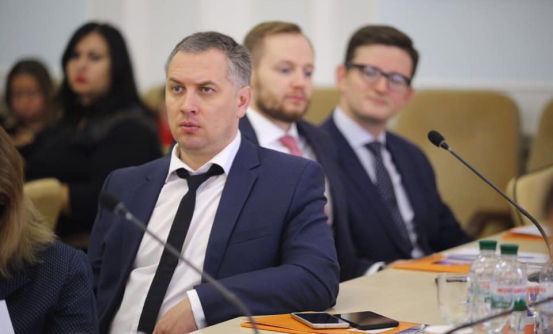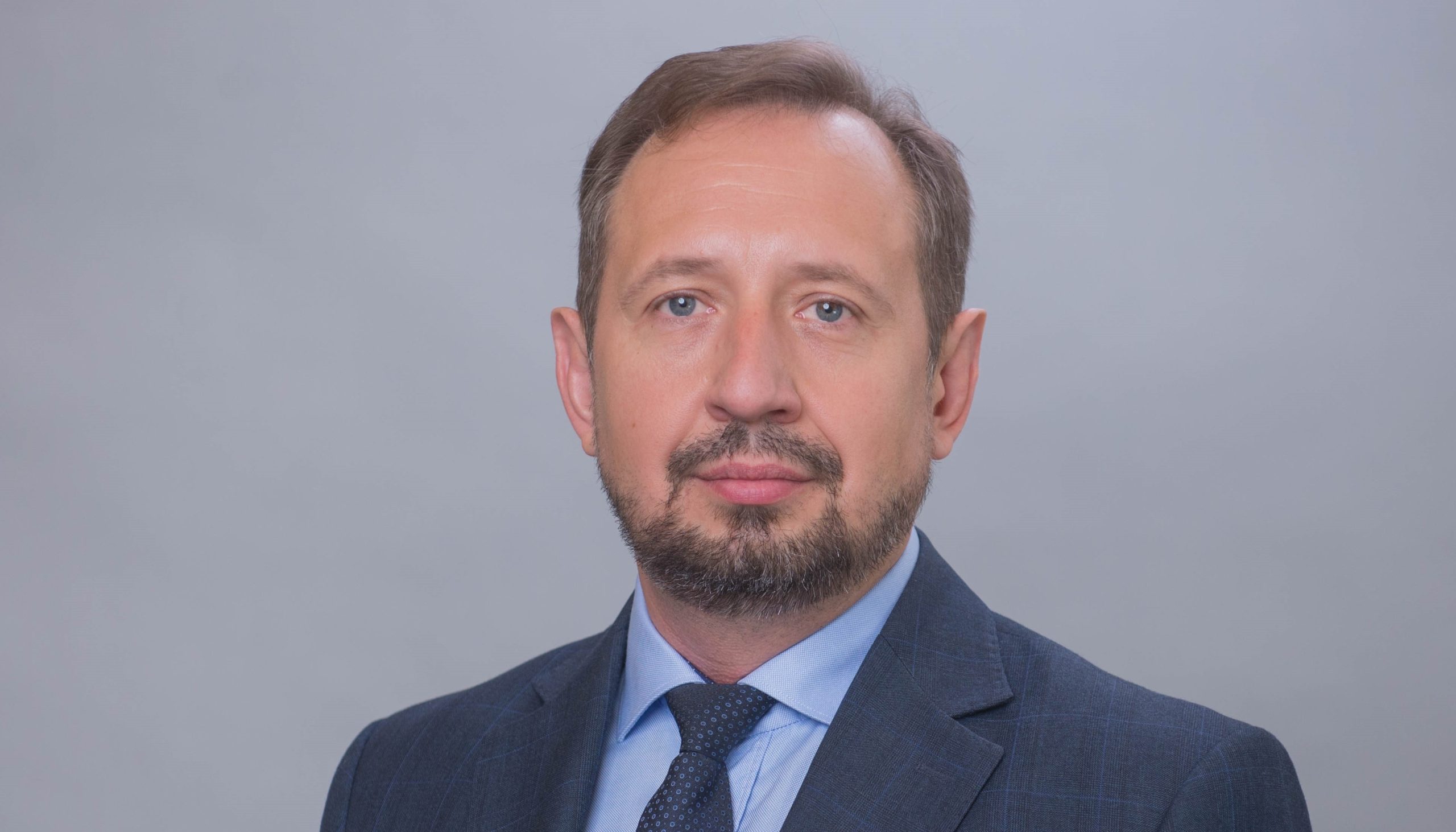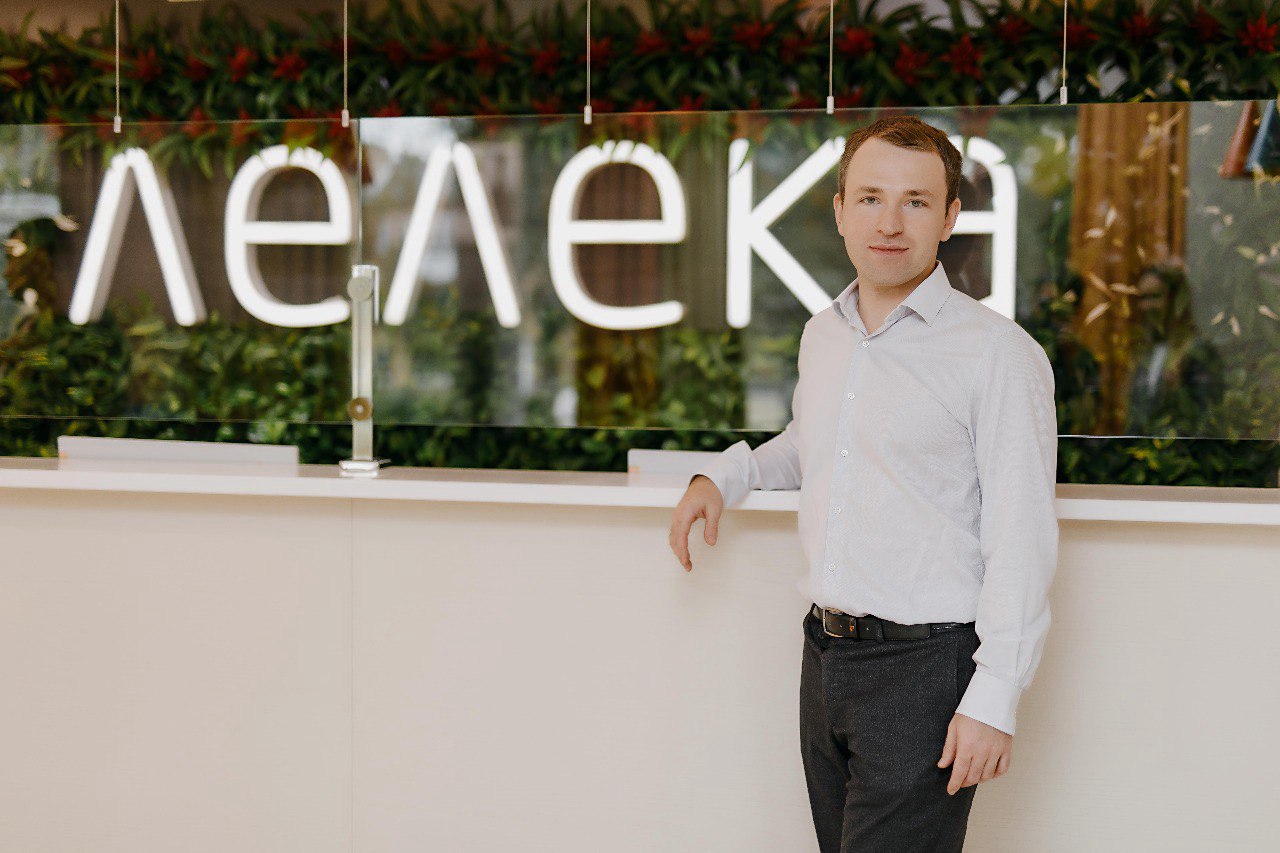Anatolii Perepelchenko, Attorney-at-Law
/ 14 October 2025 09:17
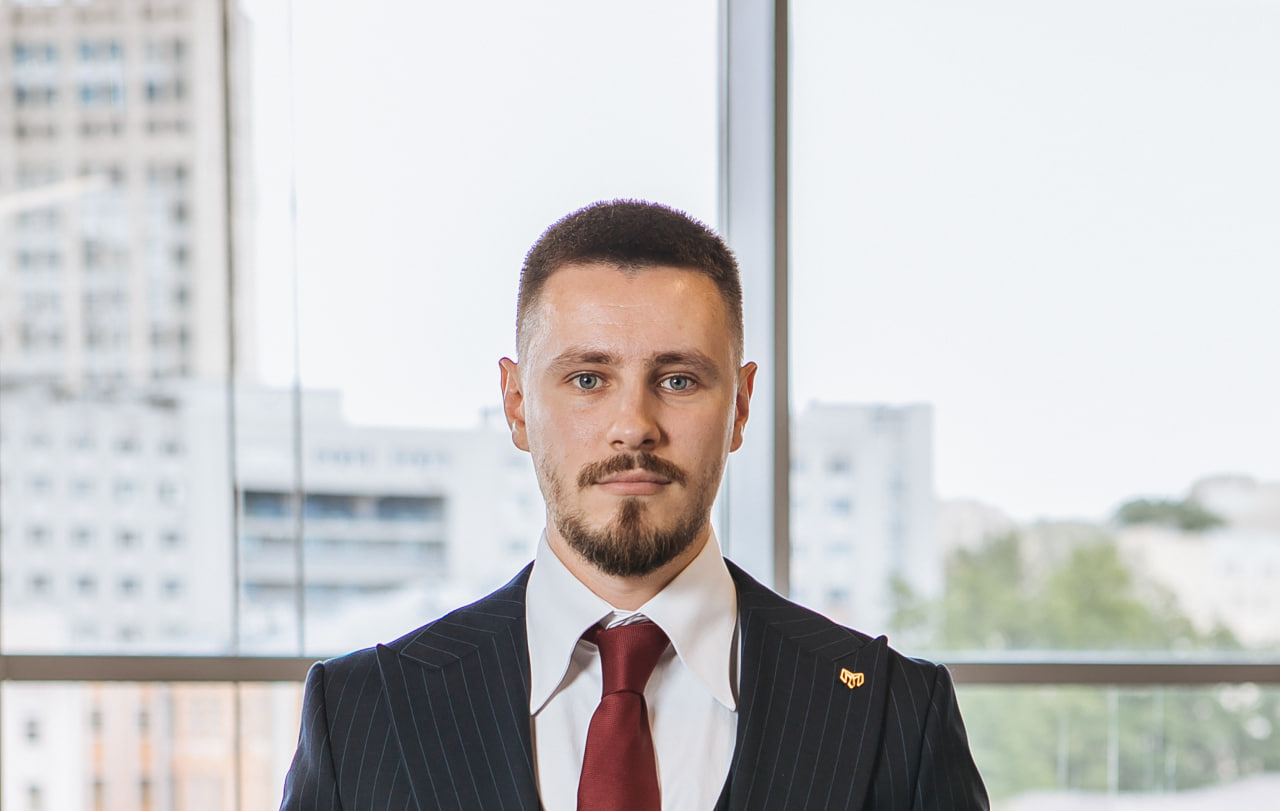
3 хв читати
How did you come into the legal profession? What attracts you most in law?
In fact, I didn’t plan to become a lawyer — but fate decided otherwise, and today I’m grateful for the decision to enter the law faculty at college.
Law is an instrument of justice, and that fascinates me, because I’ve always been interested in defending a certain position in a dispute. What drives and motivates me most is knowing that behind every case there’s a person’s or a business’s destiny.
You specialize in several branches of law at once — what unites these areas?
I’m interested in the combination of strategy, analytics, and the human factor — namely real estate and corporate law. These areas require a deep understanding of risks and the construction of protective mechanisms. What unites them are the scale and consequences of decisions made.
 Which real estate case do you remember the most and why?
Which real estate case do you remember the most and why?
The most memorable case was one where I had to restore my client’s ownership rights to a property that had been illegally taken away and resold several times through fake transactions.
In corporate disputes, what’s more important for you — the letter of the law or the defense strategy?
The letter of the law is the foundation, but it’s weak without the ability to interpret and apply legal norms properly. That’s why having a strategy based on the law is critically important.
Can you share an example where an unconventional solution helped protect a client’s interests?
This happens quite often in the permitting procedures within the real estate sector. For example, when putting an object into operation, the law currently allows several approaches to achieve the result. All of them can be considered unconventional since at first glance they may seem incorrect or impossible.
Which legislative changes in recent years do you consider positive?
Among such changes are progressive decisions related to the introduction of special tax regimes for Diia.City residents.
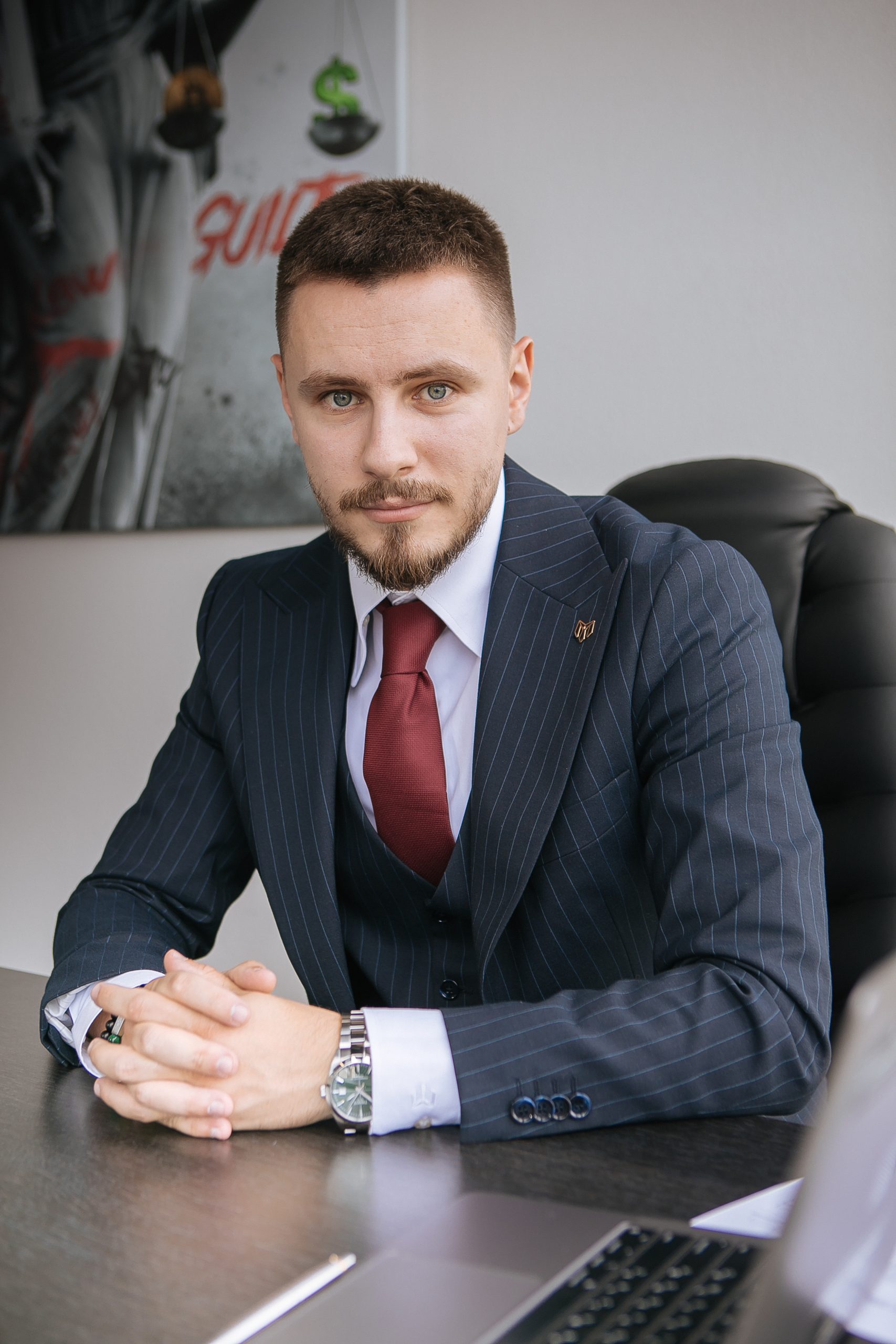 In your opinion, how has the war affected legal practice in real estate and corporate law?
In your opinion, how has the war affected legal practice in real estate and corporate law?
The war has made law more pragmatic. People have started thinking more about asset security, proper ownership registration, and corporate structures. The importance of due diligence has grown, and the real estate and rental market has become riskier — that’s why lawyers now often act as crisis advisers. In corporate practice, there’s a noticeable trend toward more balanced decisions that minimize risks.
What legal risks do citizens currently underestimate when signing contracts?
They underestimate the details — termination procedures, force majeure, liability for non-performance. People often look only at the price but don’t read the “exit conditions.” And those very clauses later cause the biggest problems.
How do you assess the level of legal literacy among clients?
With the emergence of AI tools, people often come with some legal background — they’ve read something via ChatGPT and can maintain a conversation with a lawyer. It creates both opportunities and challenges, as sometimes clients don’t believe that AI has explained something incorrectly. Overall, people increasingly want to understand things themselves before consulting a specialist — and that’s a great trend.
Which documents do Ukrainians most often sign without reading?
Lease agreements, installment purchase contracts for equipment, banking forms, insurance policies, and powers of attorney.
What advice would you give to those buying or selling real estate now?
Don’t save money on verification. One day of a lawyer’s work can save you years in court. Checking ownership, the property’s history, and the seller’s documents is not a formality but a guarantee of peace of mind.
Has the quality of Ukrainian court decisions changed recently?
Perhaps there are slightly more balanced and reasoned decisions now. However, differences between regions still exist. The general trend is positive: courts have become more open to arguments and analysis.
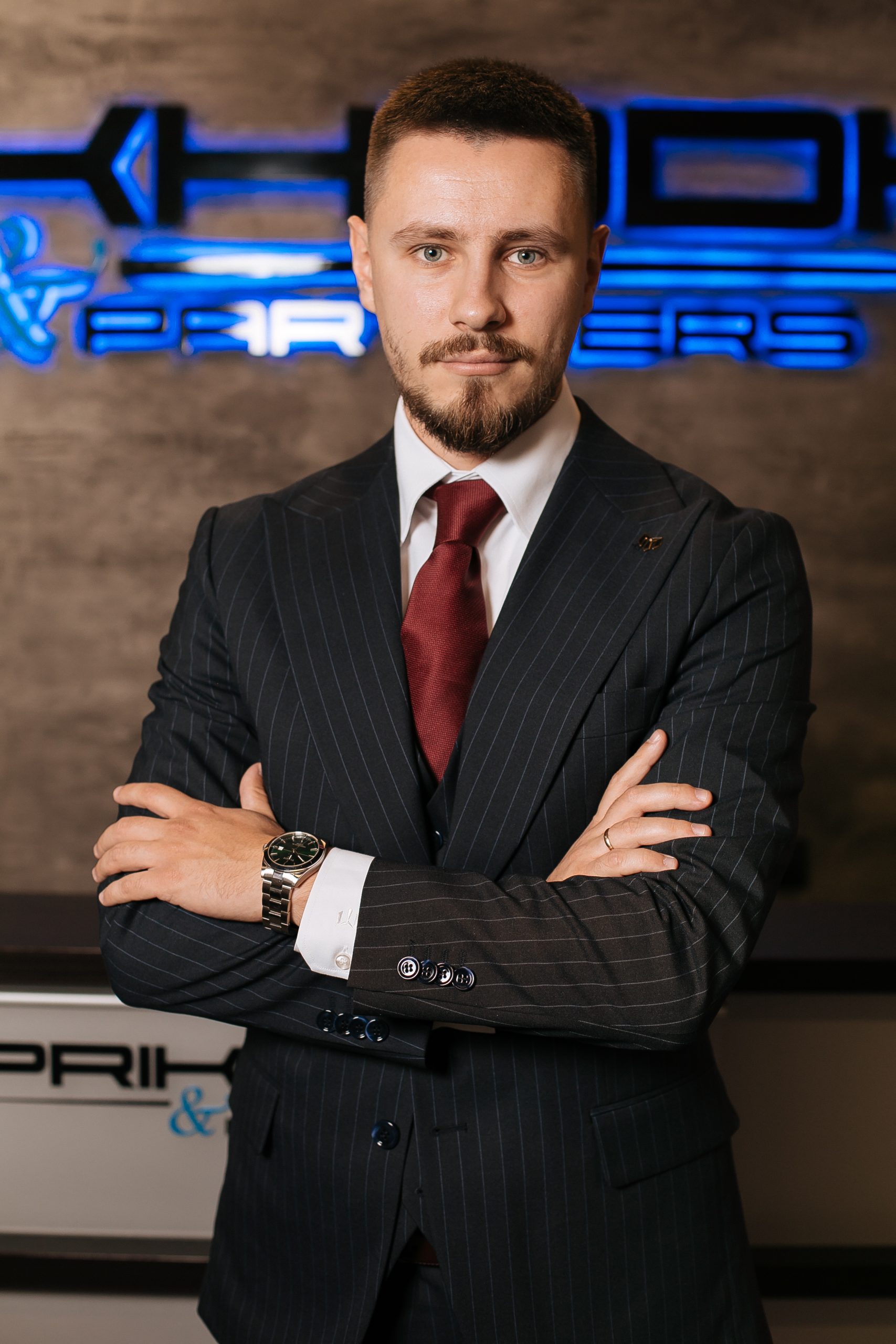 How realistic is it to settle a dispute without going to court?
How realistic is it to settle a dispute without going to court?
Very realistic. Mediation, negotiations, and restructuring are no longer exotic — they save time, money, and nerves.
How active is your typical day as the head of a law firm?
Wake up, run — between those “runs” there’s coffee, a snack, then running again. I often have to handle several matters at once. The active professional pace inspires and pushes me toward constant self-development.
Do legal issues ever keep you awake at night?
Yes, when I see injustice or formalism that harms people. But such moments only motivate me to help improve the system.
What moral dilemmas have you faced?
There have been times when the law allowed one thing, but conscience suggested another. The legal profession isn’t just a job — it’s a reputation you build over years.
What advice would you give young lawyers who want to develop in several fields?
Don’t be afraid of versatility, but build a “core” — the field in which you are strongest. Then expand your horizons by understanding how areas of law interconnect. Most importantly, learn to think strategically rather than just cite the law. Also, don’t try to cover too many legal fields at once when developing your expertise.
Which legal reforms do you consider most necessary after the war?
Oh, there are many ideas… For instance, updating mechanisms for restoring ownership rights to destroyed property, clear regulation of reparations and compensations. It’s important to eliminate excessive bureaucracy.
Looking five years ahead — how do you see the future of the legal profession?
More technological, flexible, and client-oriented. Lawyers will become more like strategic partners to businesses rather than “crisis firefighters.” Technology will help — but the human factor — trust, ethics, and critical thinking — will remain key.


